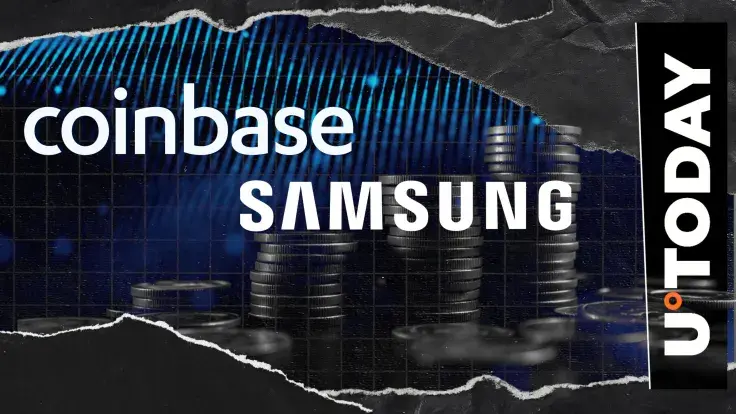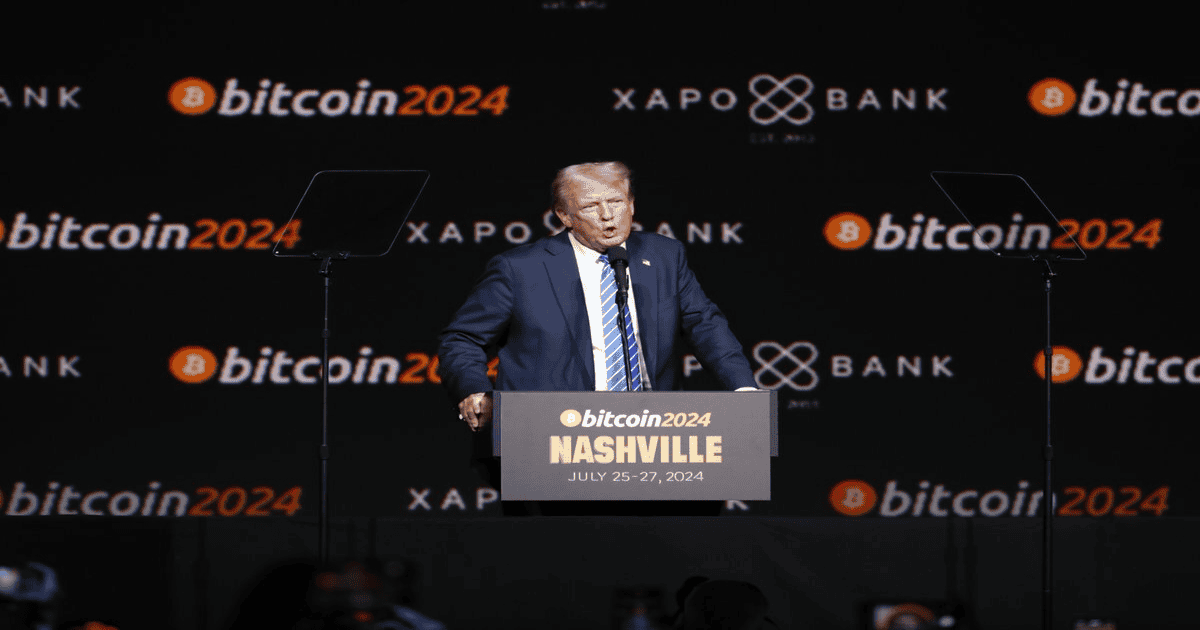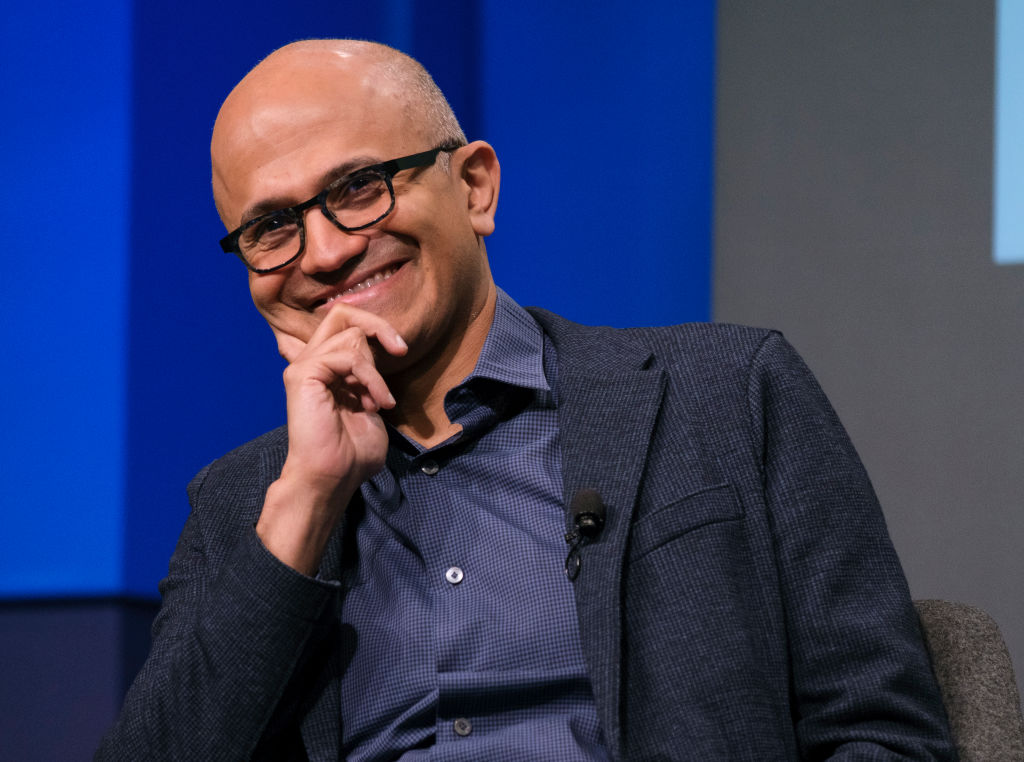Is the Crypto Hype in Nigeria Sustainable?

For years, Nigeria has stood out as one of the world’s most crypto-curious nations, a country where digital coins became more than an investment trend; they became a financial lifeline. From the streets of Lagos to university campuses across the nation, Gen Z and millennial investors turned to crypto as a way to outsmart inflation, bypass failing banks, and join a global financial revolution. But as the global market matures and local realities bite harder, the question emerges: is the crypto hype in Nigeria truly sustainable?
What began as a movement of financial empowerment is showing cracks. The 2021–2022 bull run made overnight millionaires and digital celebrities, but the crypto winter that followed exposed a sobering truth, many were gambling, not investing. According to Chainalysis, Nigeria ranked among the top three nations in crypto adoption globally, driven by high inflation and limited foreign exchange access. Yet, beneath this enthusiasm lies a volatile mix of policy uncertainty, scams, and youthful optimism that might not endure the next global downturn.
A Youth-Driven Economy and Digital Dream
For many young Nigerians, crypto wasn’t just about wealth, it was about freedom. In an economy where over 33% of youth remain unemployed, digital currencies seemed to offer an alternative to the endless job hunt. Bitcoin, Ethereum, and stablecoins became the tools of rebellion against traditional systems that excluded them. In the eyes of Gen Z, the crypto wallet replaced the bank account; the blockchain replaced bureaucracy.

This digital migration wasn’t without reason. The naira’s rapid devaluation made foreign exchange access a luxury, pushing citizens to store value in USDT and other stablecoins. Platforms like Binance and KuCoin became household names, while Telegram groups buzzed with trading tips and coin predictions. Yet this democratization of finance also birthed a new class of risk, a generation overexposed to market volatility, often with no safety net.
Still, the rise of crypto influencers gave the movement an aspirational glow. From Twitter spaces to YouTube tutorials, self-taught traders emerged as thought leaders, sharing their “journeys” of financial freedom. But behind the screen was another story, unpaid rent, unfulfilled promises, and mental strain from constant chart-watching. The dream of easy wealth came with a psychological cost that many were unprepared to bear.
Policy Battles and Economic Realities
The Central Bank of Nigeria (CBN) has had a complicated relationship with crypto. In 2021, it famously banned banks from facilitating crypto transactions, only to reverse course in 2023 by issuing guidelines for virtual asset service providers. This policy U-turn reflected a struggle between innovation and regulation, a dance that continues today.
While regulation is slowly catching up, the broader economy tells another story. Inflation hovers above 25%, and the naira remains one of the worst-performing currencies in Africa. The average Nigerian investor is caught in a dilemma, how to sustain a digital dream in a collapsing real-world economy. For every young trader who profited, many more lost their savings in pump-and-dump schemes, phishing scams, or meme coin collapses. The market’s instability mirrors the nation’s both driven by hype and uncertainty.
However, government interest in blockchain innovation has grown. Nigeria’s National Blockchain Policy aims to integrate distributed ledger technology across sectors like finance, education, and identity management. But implementation remains slow, and skepticism persists about whether policy intentions can match execution. For most everyday users, the gap between government talk and tangible change still feels enormous.
When the Hype Becomes a Habit
In Nigerian pop culture, crypto has become more than finance, it’s fashion. Influencers flaunt trading success on social media, turning financial speculation into a lifestyle statement. The narrative is powerful: “Quit your job, learn trading, and make millions.” Yet this aspirational marketing hides the darker truth, a culture of unrealistic expectations.
What happens when the hype becomes habit? When entire online communities normalize risk as a way of life? That’s the question confronting Nigeria’s crypto generation. Many are chasing fleeting highs, treating crypto trading as a replacement for employment rather than a tool for long-term growth. This cultural shift is significant, it reflects not just a financial trend, but a psychological one.
A 2024 report by Luno revealed that over 60% of Nigerian crypto investors are under 30, with most investing less than ₦50,000 at a time. Yet, despite small portfolios, social pressure keeps the hype alive even in losses, people stay invested for the image of progress.
Beyond that, the sense of digital community fuels the movement. On Twitter (X), crypto spaces attract thousands who seek belonging as much as profit. The hype has become social currency being “in the know” or early on a coin gives clout. As a result, the market behaves less like an economy and more like a culture driven by trends, trust, and tribalism.
The Sustainability Question

To understand whether Nigeria’s crypto obsession is sustainable, one must separate belief from reality. The belief is that digital assets will one day replace fiat systems and empower Africans to control their own wealth. The reality is that blockchain adoption requires infrastructure, education, and policy stability, three things Nigeria still struggles to maintain.
However, there’s also progress. Local innovators are building African-focused crypto solutions. Startups like Yellow Card and Busha are working to make crypto trading safer and more compliant. Universities and tech hubs are integrating blockchain education into their programs, signaling a slow but meaningful shift from hype to understanding.
To sustain growth, Nigeria’s crypto ecosystem must move from excitement to execution. There’s a need for practical applications not just trading, but real-world uses such as cross-border remittance, supply-chain transparency, and digital identity management. If innovators can bridge these gaps, the hype might evolve into long-term value creation.
Between Hope and Hype
Nigeria’s crypto story is a paradox, both a rebellion and a revelation. It represents a generation’s refusal to be left behind in a global digital economy. Yet it also exposes the vulnerability of youth trying to build financial futures in unstable systems.
For some, crypto remains the only accessible form of economic participation; for others, it’s a high-stakes illusion of control. The truth may lie somewhere in between, in communities learning, adapting, and slowly building a more responsible financial culture.
Whether the hype survives or fades will depend on how quickly Nigeria can evolve from emotional investing to strategic innovation. Until then, the question lingers: is the country’s crypto craze a sustainable movement or just another digital mirage?
Recommended Articles
BREAKING: Crypto Goes Mainstream as Samsung Offers Free Coinbase Premium!

Samsung has expanded its partnership with Coinbase, offering Galaxy users free access to Coinbase One for three months a...
Big Break: African Startups Can Secure $150K in Katapult Accelerator Program

The Norway-based Katapult Accelerator is inviting African impact-tech startups utilizing AI, Blockchain, IoT, and VR for...
Historic First: US Government Records GDP Data on Bitcoin Blockchain

The U.S. Commerce Department has begun publishing gross domestic product (GDP) data on public blockchains, including Bit...
Groundbreaking: US Government Stamps Historic GDP Data onto Bitcoin Blockchain!

The U.S. Commerce Department has begun publishing GDP data on public blockchains like Bitcoin and Ethereum, marking a si...
Historic Shake-Up: US Government Dumps GDP Data on Bitcoin, Solana Blockchains!

The U.S. Commerce Department has begun publishing GDP data on public blockchains, including Bitcoin and Ethereum, markin...
You may also like...
NBA Legend in Hot Water: Ex-Star Pierce Busted on DUI Charges

Former NBA player Paul Pierce was arrested Tuesday night in Los Angeles on suspicion of driving under the influence afte...
Timeless Classic Shocks Streaming Charts: Over 50-Year-Old Masterpiece Dominates Free Platforms

Explore the contrasting career highs and lows of director Francis Ford Coppola, from the unparalleled success and enduri...
DocuBay Snags Exclusive Rights to Uncover India's 'Dirty Entertainers' in Revealing New Documentary

DocuBay has launched "Dirty Entertainers: The Business of Indian Erotica," a new documentary exploring India’s erotica s...
No Doubt Unveils Electrifying Las Vegas Sphere Residency

Gwen Stefani and No Doubt are set to make history by headlining the Las Vegas Sphere in 2026, marking Stefani as the fir...
'9-1-1' Actor Oliver Stark Addresses Fan Frenzy Over Possible 'Buddie' Romance in Season 9

In a revealing interview, Oliver Stark discusses <em>9-1-1</em> Season 9, delving into the aftermath of Captain Bobby Na...
Outlander Star Jamie Roy Unpacks Brian Fraser's Season 2 Evolution and Sam Heughan's Pivotal Support

Dive into the world of 'Outlander: Blood of My Blood' with Jamie Roy, who portrays Brian Fraser, an illegitimate son who...
Brown's Big Moment: Stars Embrace the Season's Hero Shade

Chocolate brown is swiftly dethroning black as the fashion world's new go-to neutral, championed by major designers and ...
Microsoft's AI Data Center Dominance: Nadella's Strategic Reminder to OpenAI

Microsoft has begun deploying its first massive Nvidia AI "factory" within its Azure global data centers to power OpenAI...
